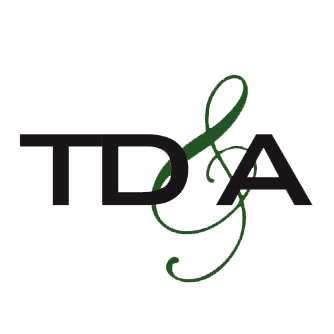CRYPTO FAQ’s
Q: What is crypto asset protection, and why is it important?
A: Crypto asset protection involves safeguarding digital assets such as cryptocurrencies from theft, loss, and unauthorized access. It's essential due to the unique security challenges associated with digital currencies and the potential for substantial financial losses.
Q: How can I protect my crypto assets from theft or hacking?
A: To protect your crypto assets, utilize secure wallets with robust encryption, enable two-factor authentication, regularly update software, and avoid sharing sensitive information. Consider offline storage options such as hardware wallets or cold storage for added security.
Q: What should I do if my crypto assets are stolen or compromised?
A: If your crypto assets are stolen or compromised, act quickly to report the incident to relevant authorities and platforms, freeze affected accounts, and take steps to enhance security measures. Additionally, consult with legal and cybersecurity professionals to explore options for recovery and mitigation of losses.
Q: Can I insure my crypto assets against theft or loss?
A: Yes, some insurance providers offer coverage for crypto assets, including protection against theft, hacking, and other risks. However, coverage options and premiums may vary, so it's essential to research and compare policies to find suitable insurance for your needs.
Q: Are there legal considerations I should be aware of when managing crypto assets?
A: Yes, managing crypto assets involves various legal considerations, including tax implications, regulatory compliance, estate planning, and potential liability issues. Consulting with legal professionals experienced in cryptocurrency law can help ensure compliance with relevant laws and mitigate legal risks.
Q: Can I put crypto into a trust?
A: Yes, you can put crypto assets into a trust. Establishing a trust for crypto assets allows for centralized management, control, and distribution according to your wishes. However, it's crucial to work with an experienced estate planning attorney to draft a trust agreement that addresses the unique characteristics of digital assets and complies with legal requirements.
Q: How can I incorporate crypto assets into my estate planning?
A: To include crypto assets in your estate plan, consider creating specific provisions in your will or trust detailing how these assets should be managed and distributed after your death. Ensure your heirs have access to necessary information and instructions for accessing and transferring crypto assets.
Q: What are the risks of storing crypto assets on exchanges?
A: Storing crypto assets on exchanges carries risks such as security breaches, hacking, regulatory issues, and insolvency of the exchange. It's generally recommended to transfer assets to secure, self-controlled wallets for enhanced control and security.
Q: How can I protect my crypto assets in the event of my incapacity or death?
A: To protect crypto assets in case of incapacity or death, consider designating trusted individuals as authorized representatives with access to necessary information and instructions for managing and transferring assets. Additionally, incorporate crypto asset provisions into your estate planning documents.
Q: Can I pass on my crypto assets to heirs as part of my estate plan?
A: Yes, crypto assets can be included in your estate plan and passed on to heirs through wills, trusts, or other estate planning vehicles. However, it's crucial to ensure heirs have the knowledge and means to access and manage these assets effectively.
Q: How can I stay informed about developments in crypto asset protection and regulation?
A: Stay informed about crypto asset protection and regulation by following reputable news sources, participating in online forums and communities, attending industry events and conferences, and consulting with legal and financial professionals with expertise in cryptocurrency matters.

